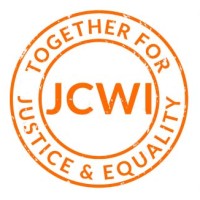
Network for Public Health Law
The Network for Public Health Law (Network) is a national nonprofit organization serving those who work to improve public health and promote health equity. We believe that a deeper understanding of the law is vital to crafting policy that keeps every person safe and healthy. We multiply your capacity to make an impact with resources that broaden your expertise, strengthen your confidence and get you to the solutions you need, quickly. Disclaimer The Network for Public Health Law promotes public health and health equity through non-partisan educational resources and technical assistance. Any information provided through this site does not constitute legal advice; does not create an attorney-client relationship with you or any other person; and is subject to the Network’s Disclaimer. The full disclaimer can be found at https://www.networkforphl.org/disclaimer/.






